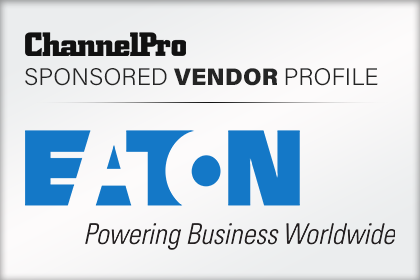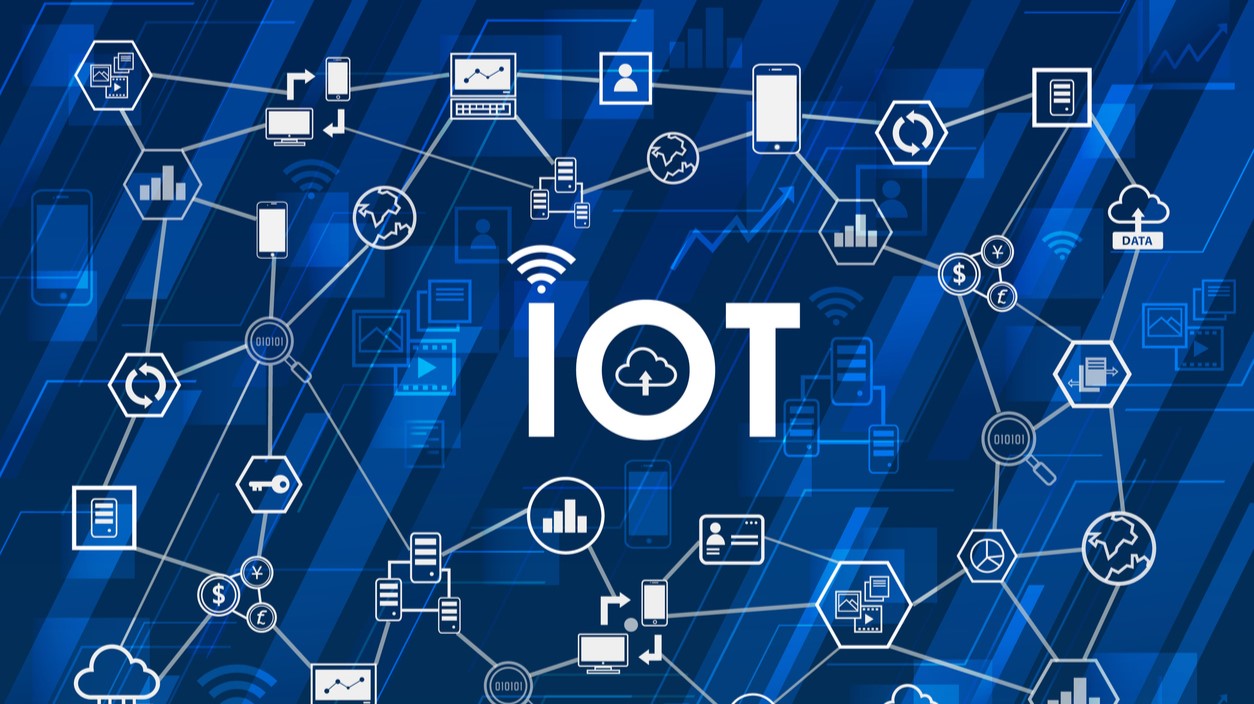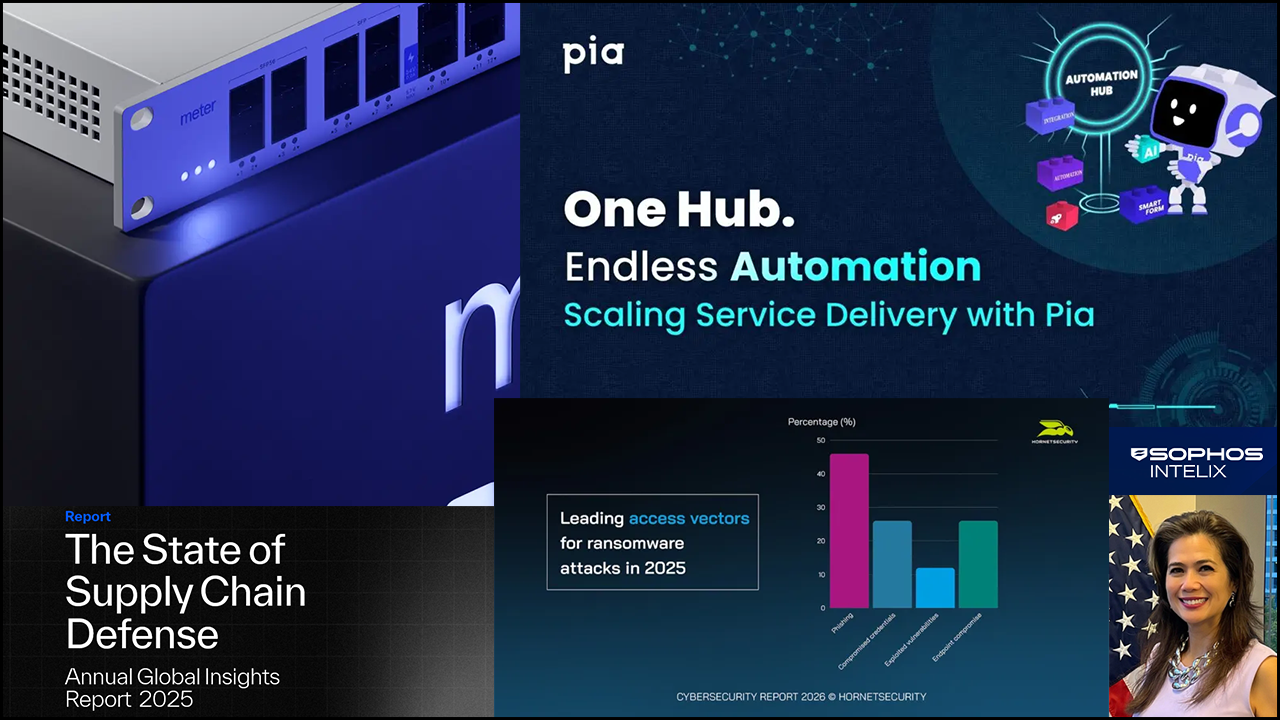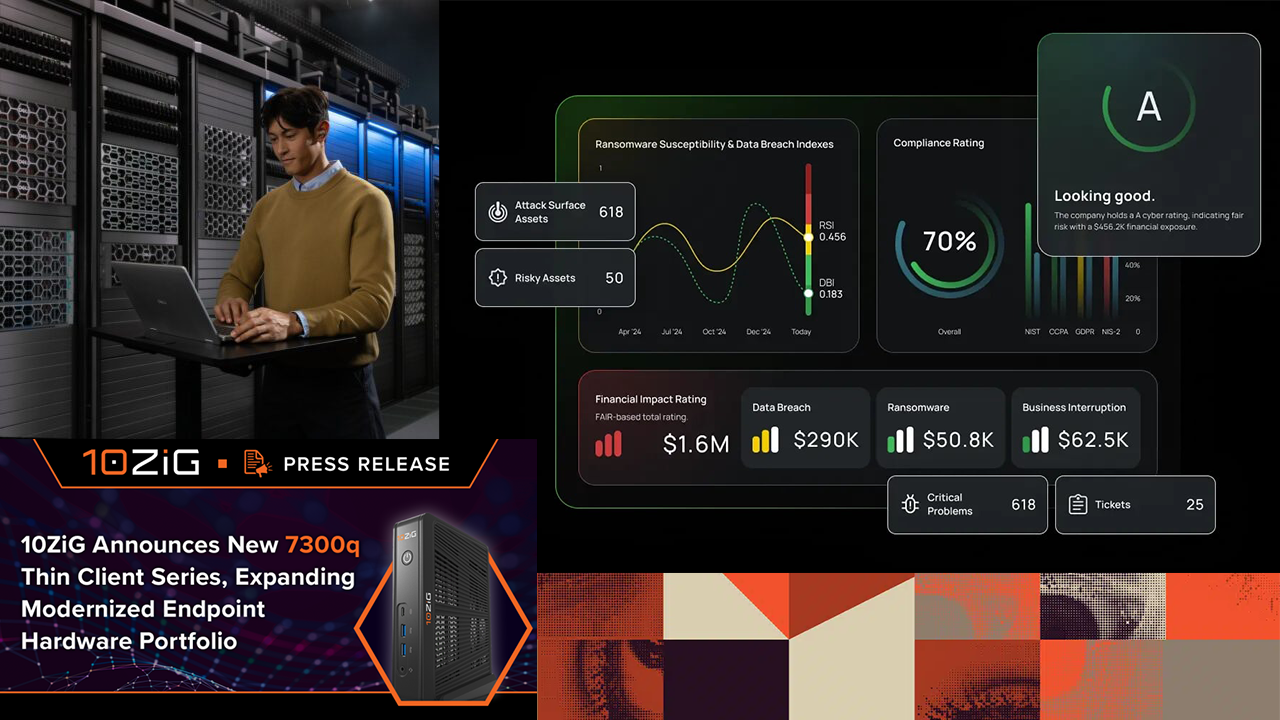Power distribution units (PDUs) are the backbone of every IT environment, and there is a variety of modern considerations that impact an organization’s design choices. By partnering with Eaton, managed service providers can confidently offer their customers a power portfolio that meets current and future needs.
 Eaton has an extensive slate of basic, metered input, metered outlet, and managed (switched and metered outlet capability) PDUs, including 0U, 1U, and 2U size offerings. Eaton’s high-density portfolio covers more advanced PDU needs, such as differentiating power sources by color, with a simplified build-to-order offering that can be delivered quickly.
Eaton has an extensive slate of basic, metered input, metered outlet, and managed (switched and metered outlet capability) PDUs, including 0U, 1U, and 2U size offerings. Eaton’s high-density portfolio covers more advanced PDU needs, such as differentiating power sources by color, with a simplified build-to-order offering that can be delivered quickly.
“There are many different considerations that go into selecting a PDU, from power, cabling, and equipment requirements to simplification of installation,” explains Joe Skorjanec, product manager with Eaton’s distributed IT business unit. Understanding the power requirements for both compute and networking is critical to selecting the right solutions, he says. “It’s not uncommon for businesses to be underpowered.”
One key consideration is the increase in compute power needed at the edge, Skorjanec says. “Increasingly, a lot of the compute is happening at the edge to help offload some of the workload at the cloud and to help speed things up. So, there’s a lot of hybrid cloud edge solutions that are increasing their power densities.”
Another factor boosting power requirements is the prevalence of Power over Ethernet equipment to enable wireless access points. “Telephones, security cameras, all these things are powered off the network connection, but all that power is ultimately coming from your network. So, we’re seeing requirements for a lot more power in the PDUs and UPSs than ever before.”
But perhaps the biggest shift is the increased demand for secure remote monitoring and management of power, he says. “This is especially important for a managed service provider.”
For example, Eaton’s Gigabit Network Card (NETWORK-M2) is the first product in the industry to receive both IEC (International Electrotechnical Commission) 62443-4-2 and UL 2900-1 certifications. As a result, this network card makes UPSs less vulnerable to cyberattacks.
How Eaton Meets the Challenges
 Eaton’s power management portfolio meets all the challenges of a modern environment. Over the last few years Eaton has rolled out higher power density PDUs, added more outlets to PDUs, and strengthened the remote management of PDUs. “You can remotely turn power on and off. You can monitor each outlet. You can see how much power every power supply is drawing. This level of granularity gives you eyes into that rack to see what’s happening,” Skorjanec says.
Eaton’s power management portfolio meets all the challenges of a modern environment. Over the last few years Eaton has rolled out higher power density PDUs, added more outlets to PDUs, and strengthened the remote management of PDUs. “You can remotely turn power on and off. You can monitor each outlet. You can see how much power every power supply is drawing. This level of granularity gives you eyes into that rack to see what’s happening,” Skorjanec says.
Accordingly, Eaton has also invested heavily in software that enables remote monitoring and management:
- Intelligent Power Manager (IPM) disaster avoidance software
- VCOM-Data Center Infrastructure Management (DCIM)
- VPM—distributed infrastructure management software
- PredictPulse Insight
- Foreseer—electrical power monitoring system (EPMS)
Eaton designs its products with security in mind, with an industry-leading cybersecurity approach to network cards. “When you deploy our devices, you know that not only has it been tested, but every time we release a firmware update it goes through intrusion testing through our cybersecurity team,” Skorjanec says. “We also proactively alert customers to vulnerabilities and communicate how we’re addressing those vulnerabilities.”
Finally, with companies of all sizes becoming more focused on sustainability, Eaton is addressing that too. For instance, its managed PDUs consume less electricity by using latching relays, and products are packaged in 100% recyclable cardboard with no foam.
To meet all your clients’ modern power management needs, partners can count on Eaton. Says Skorjanec, “Part of our value is we offer a full solution—PDUs, UPSs, software, rack enclosures—and when you connect everything it works seamlessly.”













